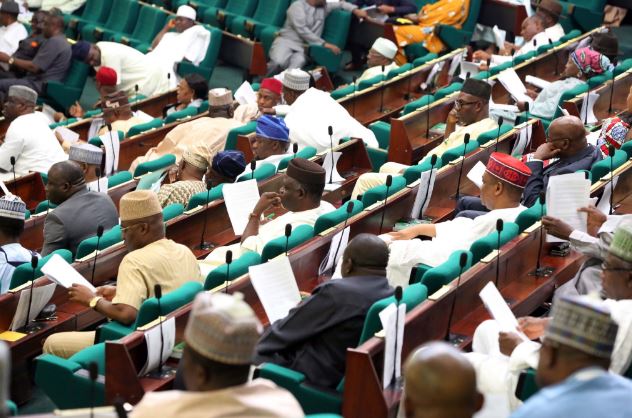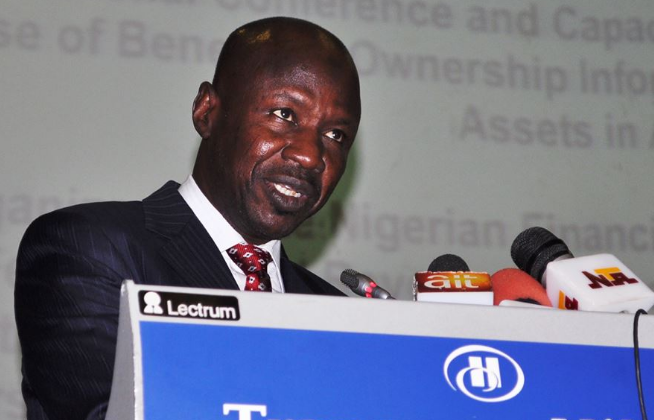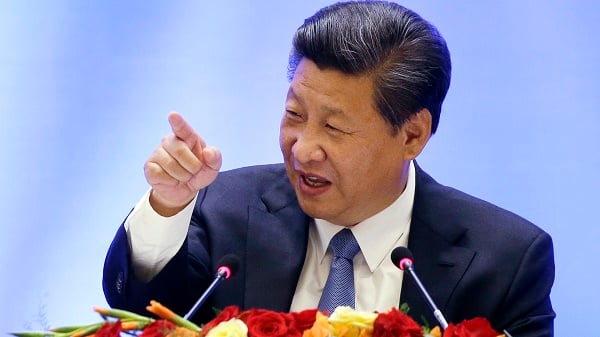The house of representatives says it is only the senate that can confirm Ibrahim Magu as chairman of the Economic and Financial Crimes Commission (EFCC).
The senate had twice rejected Magu following a report by the Department of State Services (DSS), which questioned his integrity.
Femi Falana, human rights lawyer and senior advocate of Nigeria (SAN), had reacted saying the federal government did not need to send Magu to the senate for confirmation.
Vice-President Yemi Osinbajo thereafter echoed Falana’s point, saying the executive did not require the confirmation based on section 171 of the constitution.
Advertisement
Reacting, the legislators on Thursday advised the executive to refrain from making statements that connote the usurpation of the powers of the judiciary.
Moving a motion on the “need to prevent erosion of the doctrine of separation of power”, Leo Ogor, the minority leader, said the situation has created an imminent threat to the erosion of the doctrine of separation of powers in the country’s democratic practise.
“Under the doctrine of separation of powers in a democracy and in line with section 4 (2) of the 1999 constitution (as amended), it is the function of the national assembly to make laws for the peace, order and good governance of the federation or any part thereof,” Ogor said.
Advertisement
“Section 5 of the constitution vests powers to execute laws passed by the national assembly on the executive arm while Section 6 vests judicial powers on the judiciary, thus constituting the three arms of government.
“While the feud over the confirmation of the chairman of the EFCC lasted, a statement was credited to the vice-president of the Federal Republic of Nigeria, Prof. Yemi Osinbajo to the effect that the appointment of the Chairman of the EFCC does not require confirmation of the senate, in line with Section 171 of the constitution.
“By the clear provision of Section 2 (3) of the EFCC Act, the chairman of the anti-corruption agency shall be nominated by the President subject to the confirmation of the senate.”
Maintaining that it is the judiciary that has the sole responsibility of interpreting the constitution, Ogor said the comments credited to Osinbajo “is capable of eroding the doctrine of separation of powers in our democracy, with its obvious implication of instituting a dictatorship in the country”.
Advertisement
Add a comment







